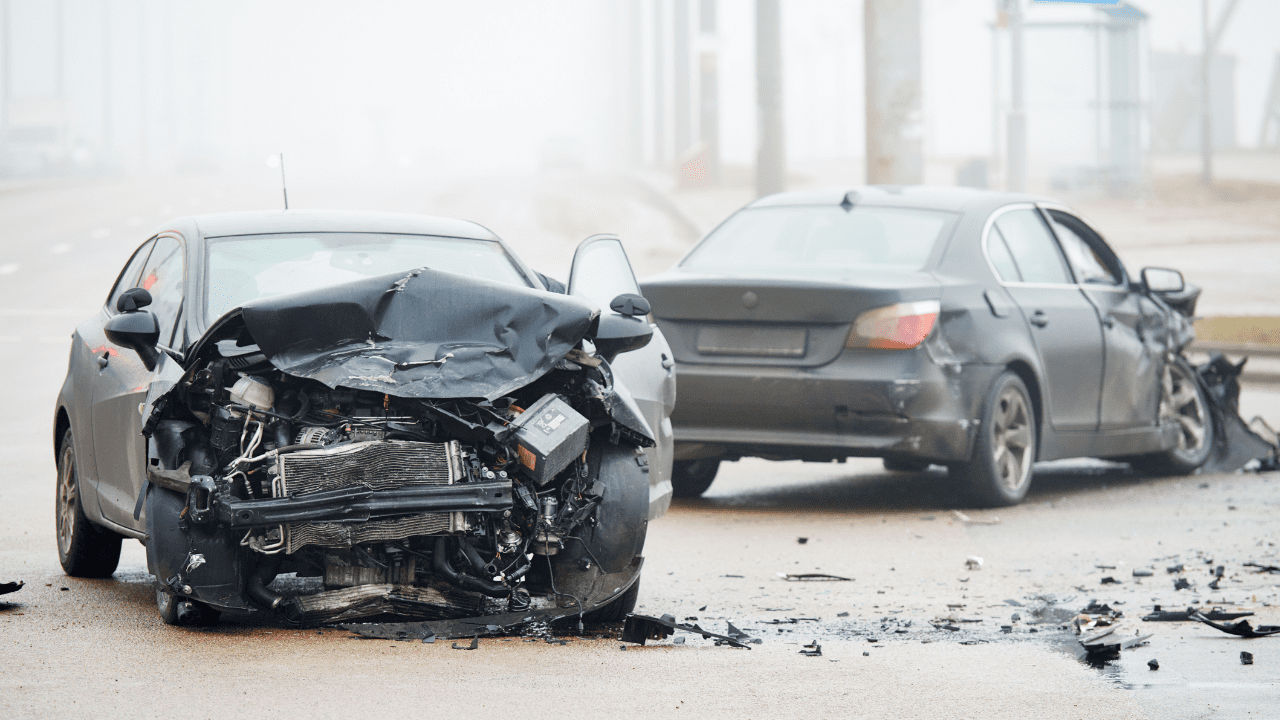Is CA a No Fault State? The Difference in No Fault Vs At Fault States

Whenever you are in a vehicle, there is a risk of being involved in a car accident. In some vehicular accidents, it is clear who is at fault. In other instances, it is not clear who is at fault. Or, rarely, sometimes no one is at fault. When you get into a car accident with another driver, your insurance policy can help protect you from financial ruin. The protection comes regardless of who is responsible for the accident. These insurance claims are settled differently from state to state and depend on your state’s particular fault laws. So what’s the difference between no-fault and at-fault states? Is CA a no fault state?
At-Fault States
In at-fault states, the at-fault driver’s bodily injury liability coverage pays for the other driver’s hospital bills. A driver who causes a car crash in an at-fault state is responsible for compensating the victim (or victims) for their damages. This can be done either with an insurance claim, or the at-fault driver can pay the other party out of pocket.
If you cause an accident you could use your insurance to pay for the damages. The property damage liability portion of your insurance policy will pay for the other driver’s vehicle damages. Similarly, the bodily injury liability portion of your insurance will pay for the other driver’s and passenger’s medical expenses if they suffered any injuries. The insurance coverage will only pay up to the limits on your policy, and you may be personally responsible for any costs above and beyond that amount. Depending on the extensiveness of your coverage, your insurance policy may also pay for the damages incurred to your vehicle. Insurance may also cover your injuries or the injuries of any passengers in your vehicle.
No-Fault States
In no-fault states, your personal injury protection (PIP) insurance covers your own medical bills. No-fault should not be confused with “not-at-fault” – as “not-at-fault” accidents can happen in both no-fault and at-fault states.
A car crash characterized as a “no-fault” accident is an accident that occurs in a state with no-fault laws. Despite the name, it does not mean that no one is at fault. Rather, no-fault insurance refers to the fact that everyone’s own insurance will pay for their own medical bills (up to the policy limit). Insurance pays this regardless of which driver caused the collision. This is only true for damages related to physical injuries. The driver who is “at fault” in an accident even in a no-fault state is still liable for any property damage associated with the accident.
In no-fault states, a driver who is injuries in a vehicular accident simply must file an insurance claim to be compensated for their physical injuries. This means that the victim of a vehicular accident can file a claim. This claim is to cover small injuries without having to prove who caused the car accident. The State of California is not a no-fault state.
California Laws – Is CA a No Fault State?
California is an at-fault state, which means that the driver who is responsible for a car accident is liable for paying the costs of any physical injuries and property damage sustained by the victims of the accident. Although, the victim in a car accident can file an insurance claim to the other driver’s insurance. In California, drivers can sue for additional damages on top of what their insurance covers.
However, before receiving any compensation from the insurance company, the victim of the car accident must prove that the other driver was at-fault. If the victim is dissatisfied with the payouts or with the assessment of their liability (i.e. their degree of contribution to the accident), they can file a lawsuit or dispute the insurance claim.
Under California laws, all drivers must have minimum liability insurance for the following:
- $5,000 coverage for property damage;
- $15,000 coverage for bodily injuries (or the death) of one individual;
- $30,000 coverage for bodily injuries (or the death) or multiple people.
If you are involved in a car accident in California, these at-fault insurance laws protect you no matter the degree of fault assigned to you. You may be entitled to receive compensation for injuries and property damages. Even if you are determined to be partially at fault for a car accident. Because insurance companies determine the degree of fault contributed to an accident based on available proof, the more evidence you have regarding your accident liability (or lack thereof), the more likely it is that you will be compensated. A skilled attorney can help you obtain and present the appropriate evidence to maximize your chances at being fully compensated.
Contact a Car Accident Attorney Today
After any car accident, you should speak to an attorney who can help you navigate the complexities of your unique situation. If you have been injured in an vehicle accident, you may be entitled to financial compensation. The car accident attorneys at B|B Law Group have experience in litigation related to car accidents, personal injury, and more. They are ready to work with you to answer your questions. Contact the B|B Law Group to schedule a consultation today!


